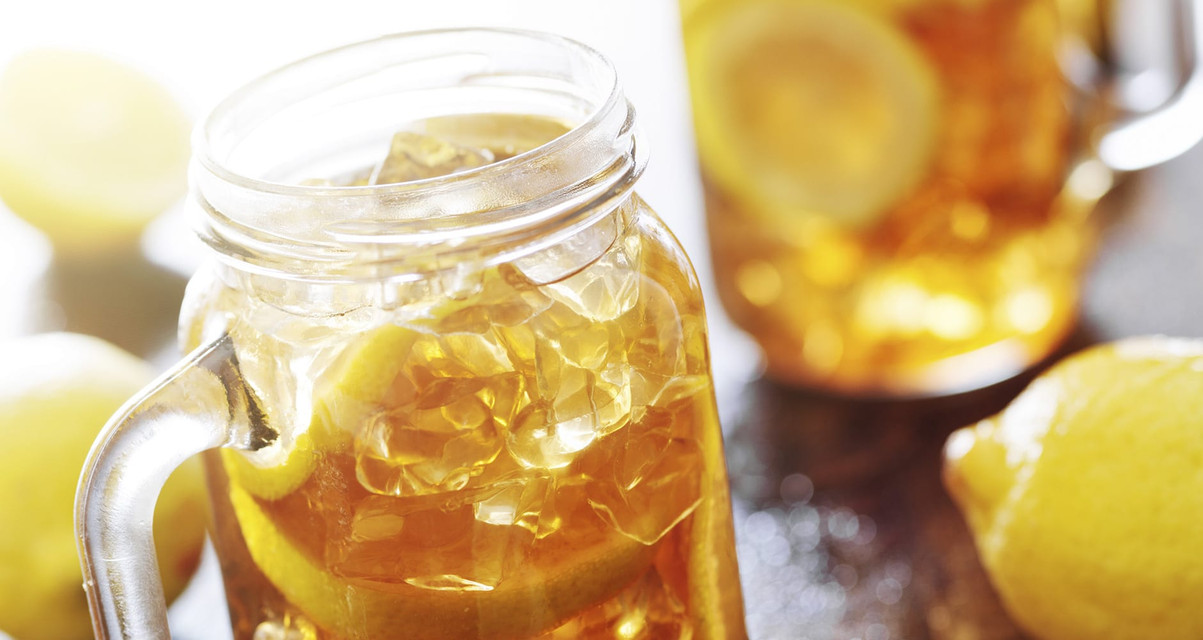Nov 3rd 2025
Vitamin D and Green Tea Reduce Uterine Fibroids
Uterine fibroids (UFs) are non-cancerous tumors that grow in the uterus. About 70% of the female population will get one or more during their reproductive years. Sometimes, but not always, they shrink after menopause. Many women don’t even realize they have them, but about a third of women with UFs seek medical help for problems they cause.
If UFs grow too big, and/or are in the wrong place, they can interfere with urinary or gastrointestinal systems, putting pressure on the bladder or rectum and causing frequent urination, constipation and/or rectal pain. They can also cause reproductive problems: infertility, miscarriage, difficult deliveries, irregular periods, mild tosevere menstrual cramping and pain, heavy bleeding sometimes leading to anemia and pain during sex. UFs can cause lower back or abdominal pain. Finally, a large fibroid can just be uncomfortable and make you look pregnant.
It isn’t known exactly why UFs develop and grow—estrogen, progesterone, stress, diet and toxins seem to be involved, but treatment has been directed toward shrinking them, or at least keeping them from getting bigger, or removing them with surgery as well as managing symptoms.
In a recent article in the Journal of Clinical Medicine, the authors urged the medical community to put more research effort into several natural compounds for treating of UFs, arguing that while current pharmacological options have had limited success and significant negative side effects, and surgical options can lead to infertility, natural substances show great promise for treating UFs inexpensively and without major side effects.
So far, most research on these substances (including berberine, curcumin, lycopene, omega-3 fatty acids and others) has been limited to laboratory and animal studies. But two promising natural substances, EGCG (epigallocatechin gallate) from green tea and vitamin D, have been found effective in human trials.
In 2013, researchers divided forty women with UFs into two groups. Group #1 took 800 mg of green tea extract (45% EGCG) daily for 4 months, while Group #2 took a placebo. The results were impressive. While fibroid volume increased 24% in Group #2, it decreased 32% in Group #1; plus this group reported a 32% decrease in the severity of their UF-related symptoms.
By 2016, observational studies had established vitamin D deficiency as an important risk factor for developing UFs, but no one had shown that vitamin D supplements could successfully treat existing UFs. Then, Ciavattini and colleagues gave women who were deficient in vitamin D and had small UFs vitamin D supplements for a year; it helped to keep UFs from getting bigger and causing problems.
Last year, a new study combined EGCG and Vitamin D to treat women with UFs and moderately severe symptoms. Thirty patients were divided into two groups. Group #1 received 1,000 IU vitamin D, 150 mg EGCG, and 5 mg vitamin B6 twice daily for four months, while Group #2 received no treatment.
At the end of the four months, UF size in Group #1 had decreased 35%, while in Group #2 it increased 7%. Treatment also improved quality of life with no discernible side effects while reducing symptom severity.
This is exciting news for women with UFs looking for safe, effective treatment alternatives to drugs or surgery. To improve results, we recommend adding an anti-inflammatory diet and lifestyle and taking enough vitamin D to reach a blood level of 50 ng/ml. Our green and white teas provide about 150 mg of healthy catechin polyphenols, including ECGC per cup. Just don’t add milk, as milk protein binds with and inactivates ECGC and other polyphenols.
References:
- Ciebiera M. The evolving role of natural compounds in the medical treatment of uterine fibroids. Journal of Clinical Medicine. May 2020;9(5):1479.
- Hudson T. Uterine fibroids may be reduced with green tea-vitamin D product. Dr. Tori Hudson, N.D., Blog Post, March 5, 2021.
- Roshdy E. Treatment of symptomatic uterine fibroids with green tea extract: a pilot randomized controlled clinical study. International Journal of Women’s Health. August 2013; 5:477-486.
- Ciavattini A. Hypovitaminosis D and “small burden” uterine fibroids: Opportunity for a vitamin D supplementation, Medicine. Published online December 30, 2016.
- Porcaro G. Vitamin D plus epigallocatechin gallate: a novel promising approach for uterine myomas. European Review for Medical and Pharmacological Sciences. March 2020;24:3344-3351
 Fuel your life with the purest vitamins
Fuel your life with the purest vitamins
